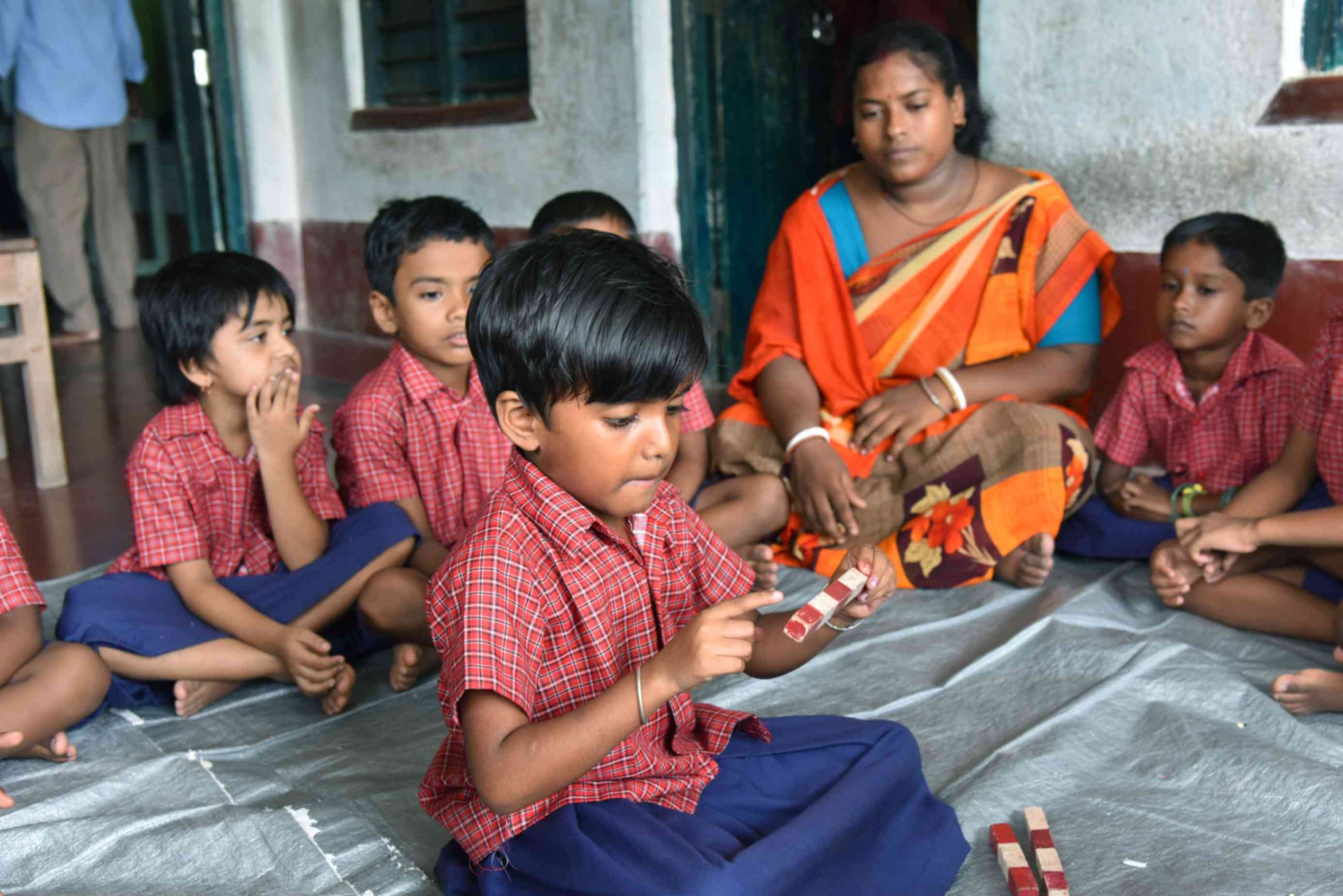In a significant stride towards holistic education, Oxford University Press India recently introduced a groundbreaking Wellness Curriculum. Crafted as the first of its kind in India, the curriculum, titled “My Happiness and Me,” comprises a series of eight activity workbooks tailored for school children in classes 1-8. This innovative initiative aims to bridge the gap that conventional education might miss by fostering a deeper understanding of emotions, promoting physical well-being, cultivating healthy relationships, and instilling a sense of ecological responsibility.
The curriculum’s inception aligns seamlessly with the National Education Policy 2020 and the National Curriculum Framework 2023, echoing their emphasis on the holistic development of learners. In tandem with Sustainable Development Goal 3, focused on good health and well-being, the My Happiness and Me series empowers learners to embrace healthy practices, navigate their emotions, and distinguish between positive and negative feelings.
Why is Smile Foundation cheering loudly for this major development in the Indian Education system?
Implementing a wellness curriculum for school children holds the promise of numerous positive impacts on their overall development. One key consideration is its potential to contribute to the holistic development of children by addressing not only their academic needs but also their emotional, social, and physical well-being. This holistic approach recognizes the interconnectedness of various aspects of a child’s life and acknowledges that their overall health is crucial for effective learning.
A significant aspect of a wellness curriculum is its focus on mental health education. By integrating mental health awareness into the curriculum, it can help reduce stigma, raise awareness about mental health issues, and equip children with coping mechanisms. This, in turn, empowers them to manage stress, anxiety, and other mental health challenges they may encounter throughout their lives.
Another notable benefit is the potential to instill healthy lifestyle habits from a young age. Wellness education can teach children about the importance of nutrition, physical activity, and proper sleep, fostering habits that can contribute to a healthier adulthood. This proactive approach towards health can have long-lasting effects on the well-being of individuals.
Emotional intelligence is a crucial aspect that can be developed through a wellness curriculum. By helping children understand and manage their emotions, such a curriculum enhances interpersonal skills, empathy, and conflict-resolution abilities. This emotional resilience is essential in preparing children to navigate challenges and setbacks they may encounter in various aspects of life.
Social well-being is also addressed through a curriculum that includes social skills development. This can contribute to enhancing communication, teamwork, and relationship-building skills among students, fostering a positive social environment within schools.
Furthermore, wellness education can play a preventive role by offering information on the dangers of risky behaviors such as substance abuse, bullying, and unhealthy relationships. Educating children about these issues empowers them to make informed decisions and resist peer pressure.
There is evidence to suggest that students who are physically active and emotionally well-balanced may perform better academically. A wellness curriculum that supports these aspects could contribute to improved concentration and cognitive function, potentially translating into enhanced academic performance.
The habits and knowledge acquired through a wellness curriculum are not confined to the school years; they can extend into adulthood, promoting a healthier lifestyle and overall well-being throughout an individual’s life. Moreover, wellness education can involve parents, creating a collaborative approach to the child’s well-being. This fosters a supportive environment both at home and in school.
However, it’s crucial to acknowledge potential challenges such as the need for well-trained educators, potential resistance to changes in the curriculum, and the necessity of age-appropriate content. Despite these challenges, a thoughtful and comprehensive wellness curriculum has the potential to positively shape the lives of school children and contribute to the creation of a healthier and more resilient generation.









